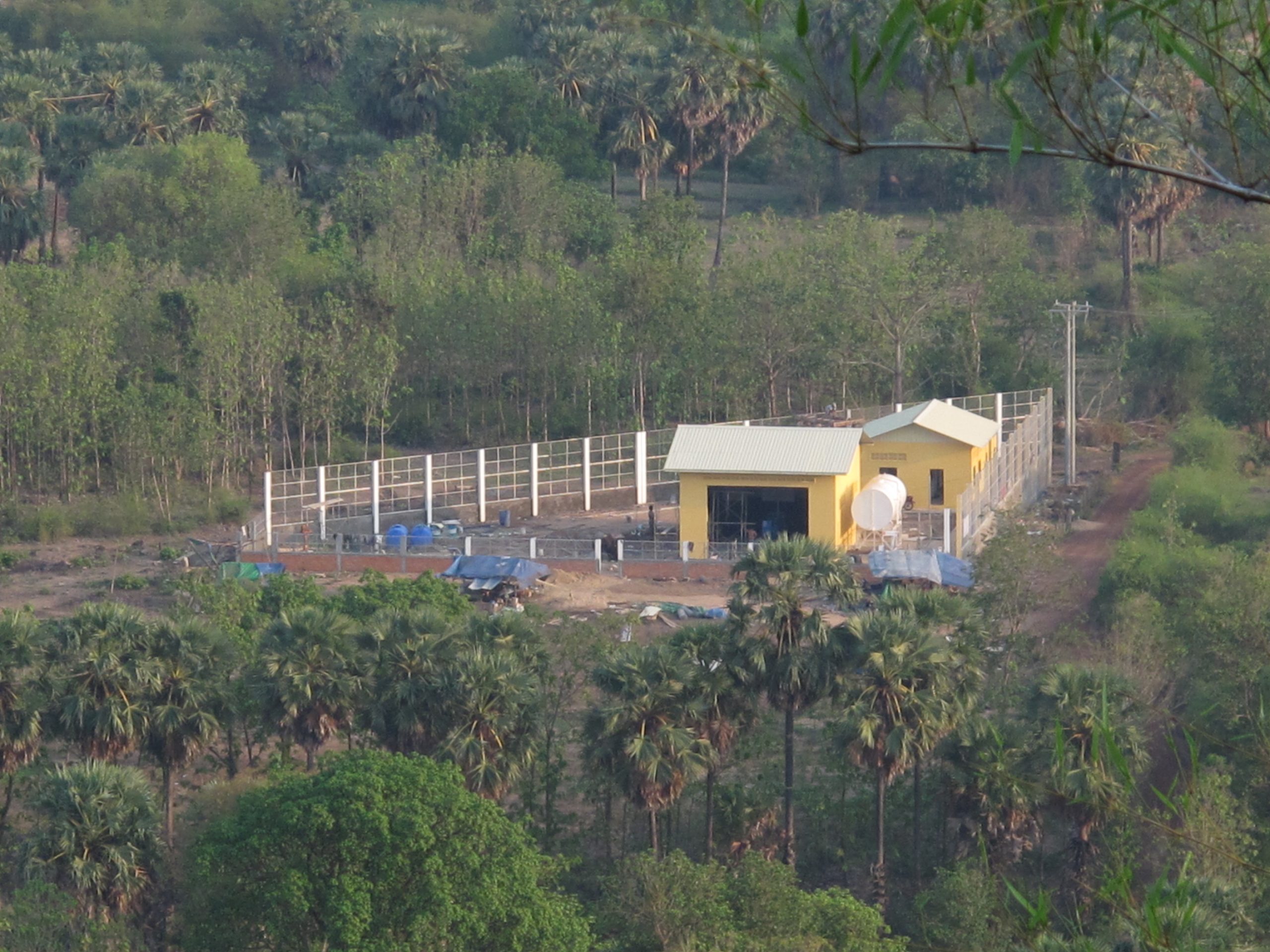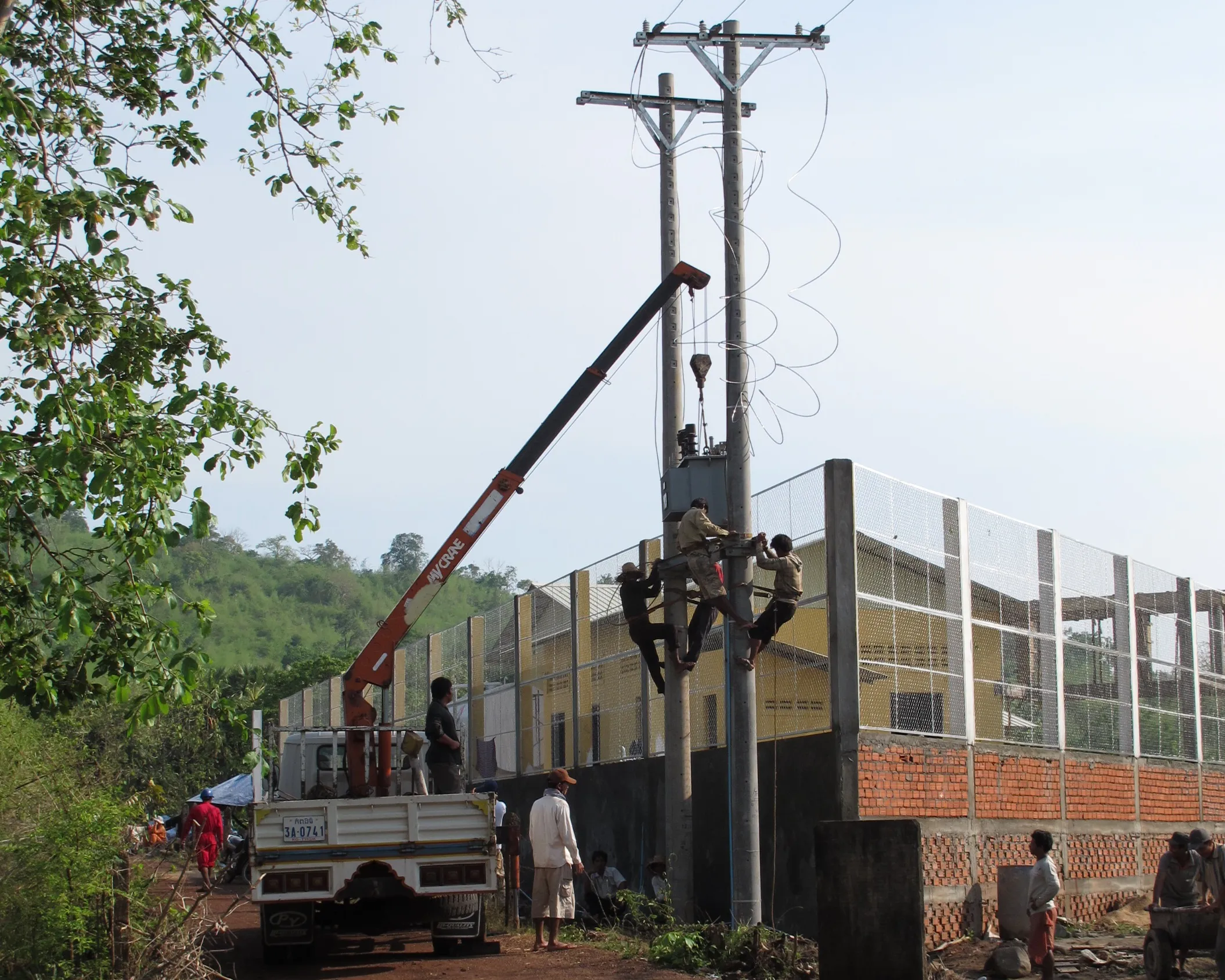Background
There are currently approximately 200 existing diesel mini-grids in Cambodia, and the same amount again will be needed by 2015. They often face very high production costs due to inefficient fossil-fuel powered generators and to the poor design of distribution systems. These constraints hamper the ability to increase energy access in the poorest rural areas.
There is huge potential for improving energy efficiency in these local distribution systems, and for injecting renewable energy into existing diesel mini-grids. Together, these measures could reduce production costs significantly and make the service affordable enough for the local population and for income generating activities.
In close collaboration with the Ministry of Industry, Mining and Energy (MIME) and the regulatory authority (EAC), two pilot projects have been identified to demonstrate the positive effects of integrating EE and RE into local systems. These will serve as pilots for developing a policy and incentives framework for the country.

